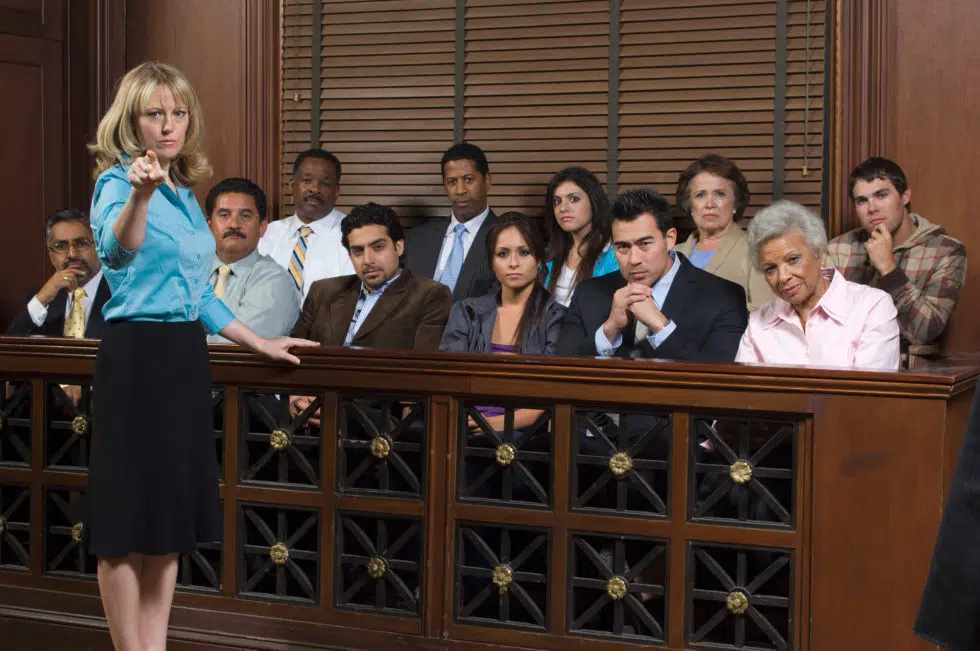
Participatory Defense and How it Works
thepurejustice 0 Comments Uncategorized
How can I effectively help my incarcerated loved one pre-trial? I don’t know what else to do!
People can help impact the outcomes of court cases by becoming involved in all phases. Most people feel once their loved one is incarcerated and they can’t afford their bail because of the excessive amounts, they throw their hands up and give up feeling as if they are at the mercy of the courts. Instead of being reactive, communities are taking proactive approaches towards how their loved one’s freedom is determined. One way of strategic organizing for families and the communities to rally behind someone is utilizing an organizing model called Participatory Defense.
Is this your first time hearing of Participatory Defense? To some, this may be their very first time hearing of it and it is totally okay. Let’s dive in and take a look at what Participatory Defense actually means. Participatory Defense is defined as a community organizing model for people accused of committing a crime, their families, and communities to impact the outcome of court cases and transform the landscape of power in the court system. This strategic and purposeful way of organizing is another tool given to help end mass incarceration. In shorter terms, it is a way to participate in your loved ones defense. Well, how can I participate and have a say in their defense? An effective way of participation is by showing the courts who your loved one actually is, instead of the allegations. How do I do this? You can write character letters and create character videos in support of your loved one. Most of the times when a person is brought to court for an arraignment, which is the formal reading of charges against them, we never know their story. Everything is moving so quickly under normal circumstances. We never get to inquire about who they are as a person and what makes them unique. That is all changing with the Participatory Defense model.
The person sitting in the courtroom facing charges is viewed as a human being. They are more relatable. How was this person’s childhood? What schools did he/she attend? What is their passion? We don’t just see the allegations and a person shackled wearing an orange jumpsuit with the size displayed on it if they were too poor to afford bail. I am a firm believer that you are innocent until proven guilty. In the courtroom, there are multiple parties involved and it is fast-paced in most cases. By utilizing the participatory defense model, you are organizing friends, pastors, family members, teachers, and community members all while coordinating with the public defender’s office or their lawyers but never discussing the cases.
Most Black folks would say society views us as guilty until proven innocent. Many people have been treated unfairly and harshly due to false allegations just to have those charges dismissed and cases thrown out. As we have seen on numerous occasions through social media, there are many false allegations made towards Black people. Sadly enough, innocent people are taking plea deals because there isn’t much faith in our criminal justice system to get it right. Our criminal justice system is hell bent on mass incarceration. Even innocent individuals are signing plea deals because they want to hurry up and get out of jail. Yes, people are actually confessing to crimes they did not commit. They don’t want to risk receiving an even lengthier sentence if they were to have a trial. Did you know that Harris County led the nation at one time for exonerations? Here is the link so you can see for yourself. https://www.bbc.com/news/magazine-35543898.
Written by: Joy Davis